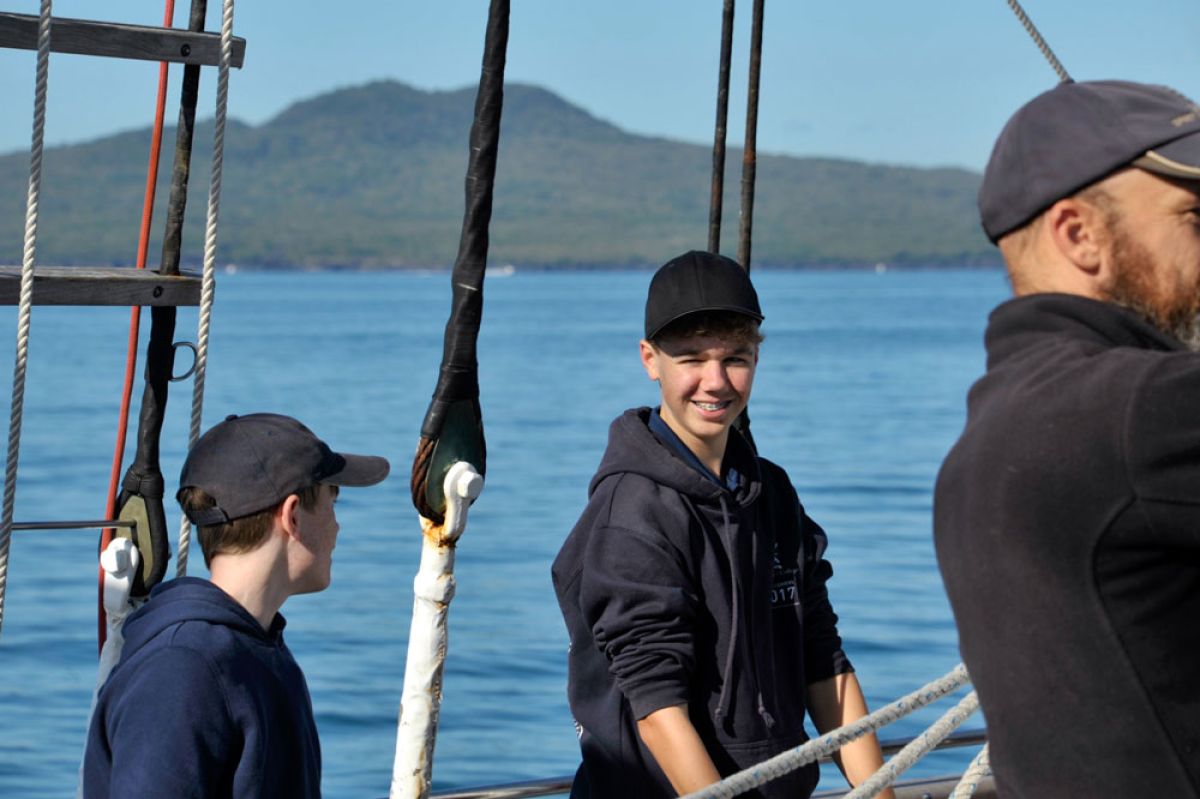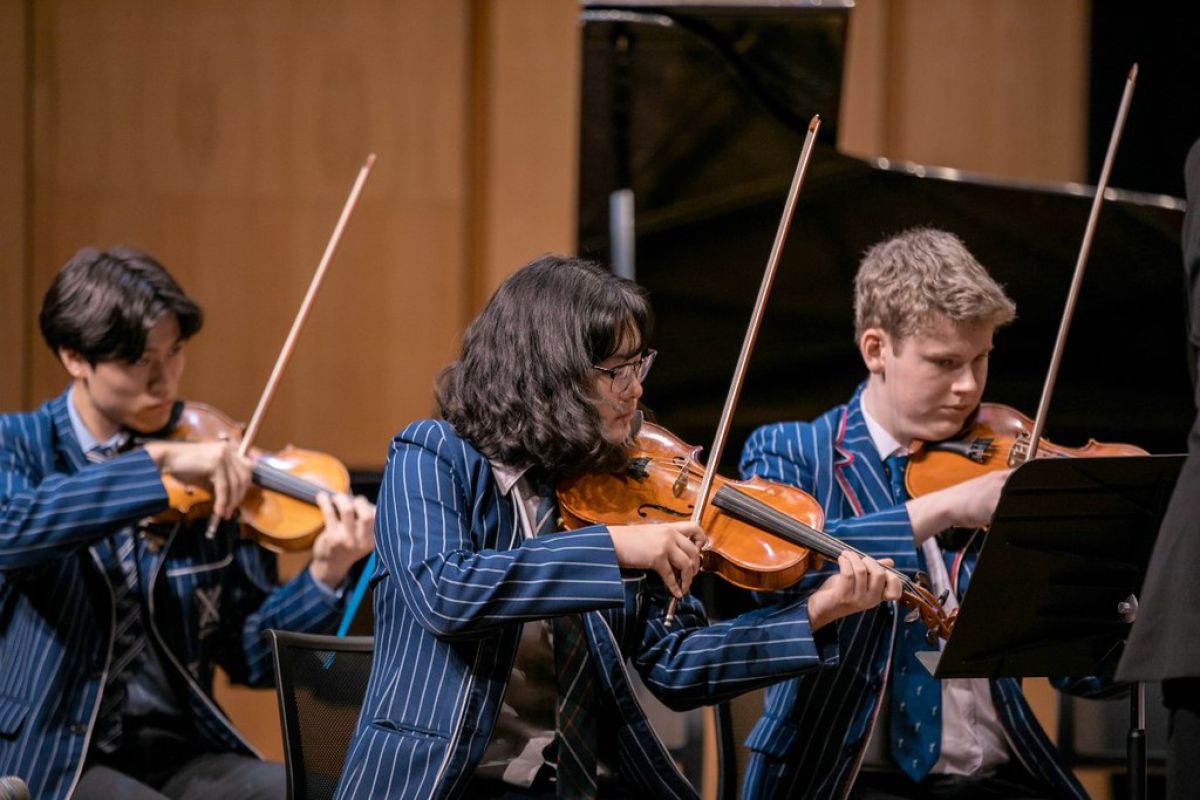The Joy Project
19 November 2019
Written by Head of Well-being, Kerry Larby
This term, Mr Jenkinson challenged his Year 10 English class to conduct an interview driven by one big and beautiful question:
What brings you joy in life?
I urge you to read this heartfelt interview conducted by Year 10 student, Toby Harvie. In it, Toby beautifully explores one man’s description of experiencing joy in his life and showcases the power of language to express our shared human experience of emotion.
What does joy mean to you?
Joy is clearly one of the positive emotions, and it’s one of the relatively short-term emotions. Happiness, for example, you can feel for quite high levels for long periods of time, but joy is something which is sort of spikey: it happens then it goes away then it happens again, and it goes away again. As an emotion, I guess it’s a sort of blend of happiness and a kind of quiet energy in the situation, a sort of feeling that one is with the situation, and a lot of very pleasant affect, but it’s short term. In the moment – I don’t believe you can experience joy if you are disengaged from the moment.

What brings you joy?
One of the things that particularly gives me joy, and I was surprised to find out when I realised it, is music. It happens in different contexts but one of them that is particularly great is when I come across a piece of music that I have never heard before that I really, intensely like. Having discovered this music I will go and enjoy it over and over again and still experience that real sense that this is just absolutely wonderful. Beauty is part of it – it has to be beautiful music – but it often has an element that it has taken me by surprise: I haven’t expected it.

To give you a specific example, a couple of years ago I was at a funeral of all places. You wouldn’t expect to feel joy at a funeral, and the funeral was of a person I knew, who died quite young of cancer, but the music the family chose to play while the coffin was brought into a funeral was Songbird by Eva Cassidy which I’d never heard before and is absolutely spectacular: she’s got the most beautiful voice and it’s an absolutely beautiful song that I’ve gone back and played over and over again because it’s just a source of intense, short term, momentary joy.
The other situations I was thinking about where I can remember experiencing joy have been situations involving physical effort, and again something surprising has happened and it’s been a positive experience. Going back a long time in my history, the very first major South Island tramp I did was the Routeburn track, which I walked with a group of people. This is back in the 1970s so it’s a very long time ago, and we did it between Christmas and New Year’s, so it was pretty warm. On the day we crossed the highest point was a very hot afternoon, and I remember that we got to the top of the pass, and down this long slope there was a lake, and we were the first group to get there, there were about four of us, and we all simultaneously and joyfully rushed down the slope, flung our packs down, stripped our clothes off and leaped into the water and it was absolutely stunningly freezing cold, and we all wondered whether we were going to get out again.

That’s another sort of example: being in the moment, being surprised by something – although I’m not talking about the surprise of the cold, it was kind of the surprise of finding this lake right there in a situation where we were really hot and sweaty and we were also relieved by the fact that we had climbed to the top of the highest point, and all of those things sort of connect together in a moment of sheer physical joy of rushing down the hill and leaping into the water.
How did you find this joy?
I think if I were to think more about examples, it would have the combination of being surprised by something that is intensely pleasurable, in the moment of enjoying it. Joy springs on you by surprise; I don’t think you can plan for joy, or plan to be joyful, any more than you can plan to be happy, I think if you focused on trying to engender those emotions (things like joy and happiness) you actually don’t achieve them, they have to come upon you rather than willing them into existence.
How do you share joy with others?
I think having other people to share those moments often makes them more enjoyable, and then being able to talk to other people about them gives you an echo of the joy, you kind of recreate it again – it’s not as intense, but the retrospective experience shared with other people is part of keeping that memory of the joy alive. But on the other hand, those things like discovering pieces of music I’d never heard before is a private experience, and while I do sometimes share this music, I’ve learned that not everybody likes my taste of music. Which is often disappointing. It’s not essential to have a shared joy but I’m sure it enhances the experience.
Written by Toby Harvie (Year 10, 2019)
November, 2019
Related Posts


